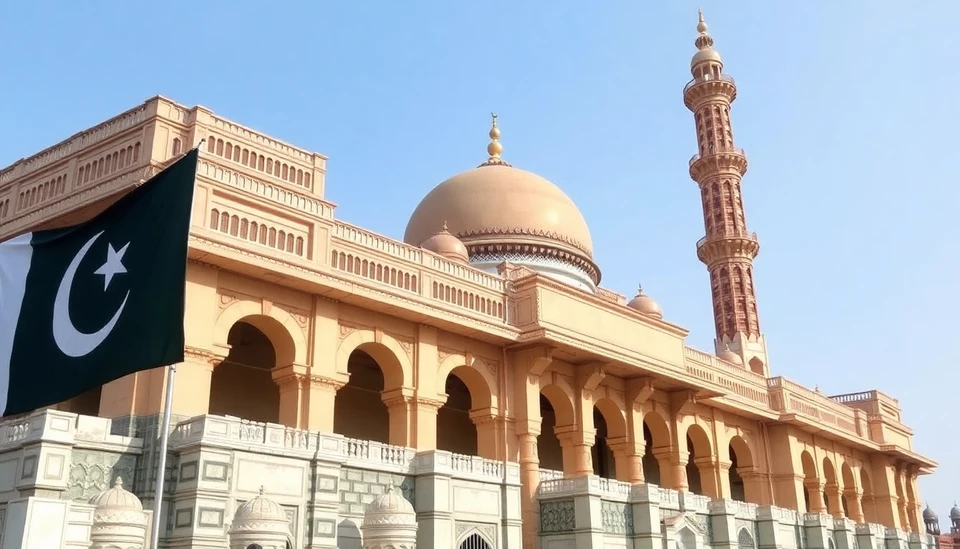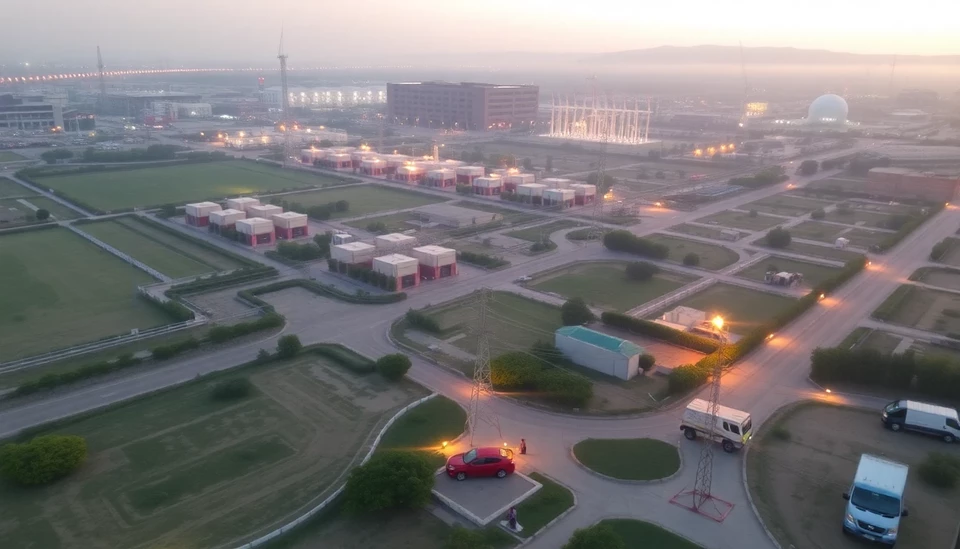
The Asian Development Bank (ADB) and the World Bank have raised serious concerns regarding Pakistan's recent decision to amend its electricity power purchase agreements with independent power producers (IPPs). The financial institutions worry that these revisions may prompt a significant deterioration in the country's economic stability.
Pakistan has faced a growing energy crisis, leading the government to negotiate new terms with IPPs to alleviate financial burdens and prevent future power outages. However, the ADB and World Bank argue that these changes could undermine investor confidence and provoke international arbitration claims from IPPs, ultimately jeopardizing the country's ability to attract foreign investments crucial for economic recovery.
In a joint statement, both institutions emphasized the importance of adhering to the original contracts, noting that altering them retroactively could set a dangerous precedent. They warned that such actions could lead to increased costs, as the country might have to compensate IPPs for any losses incurred due to the revised agreements.
The concerns come amid broader fiscal challenges faced by Pakistan, which has been grappling with soaring inflation, currency depreciation, and a burgeoning debt crisis. Analysts predict that the country's energy sector reforms must strike a balance between providing affordable electricity and ensuring financial sustainability.
The government, however, maintains that the revisions are necessary for economic turnaround and sustainability. Officials argue that these changes are aimed at lowering the tariff costs for consumers while addressing the plethora of historical inefficiencies within the power sector. Nevertheless, the ADB and the World Bank remain skeptical, emphasizing the potential risks involved with such drastic measures.
In recent years, the ADB has been actively engaged in supporting Pakistan’s energy sector, providing financial and technical assistance to improve infrastructure and operational efficiency. Similarly, the World Bank has been involved in several projects aimed at enhancing energy access, efficiency, and sustainability across the country.
With these institutions casting doubt on Pakistan’s latest initiatives, the government will face mounting pressure to navigate this delicate situation. The challenge lies in restructuring its energy sector while maintaining investor confidence and fulfilling its financial obligations to IPPs.
The unfolding scenario underscores the complexities inherent in managing a troubled energy landscape, particularly for nations experiencing economic distress. Stakeholders across the board will be closely monitoring how the Pakistani government responds to these significant criticisms and whether additional negotiations with IPPs will lead to a balance that favors both economic recovery and sustainable growth.
As Pakistan strives to pursue a path toward stability, the implications of these power deal revisions extend beyond mere contractual changes—they reflect broader economic and political dynamics that will shape the country's future trajectory.
In conclusion, the concerns voiced by the ADB and World Bank highlight an urgent need for Pakistan to tread carefully in reforming its energy sector. The balance between immediate financial relief and long-term economic health is critical at this juncture, and any miscalculations could have far-reaching consequences for the beleaguered nation.
#Pakistan #ADB #WorldBank #EnergyCrisis #IndependentPowerProducers #EconomicReform #ForeignInvestment #PowerDeals #InvestorConfidence #FiscalStability
Author: John Harris




